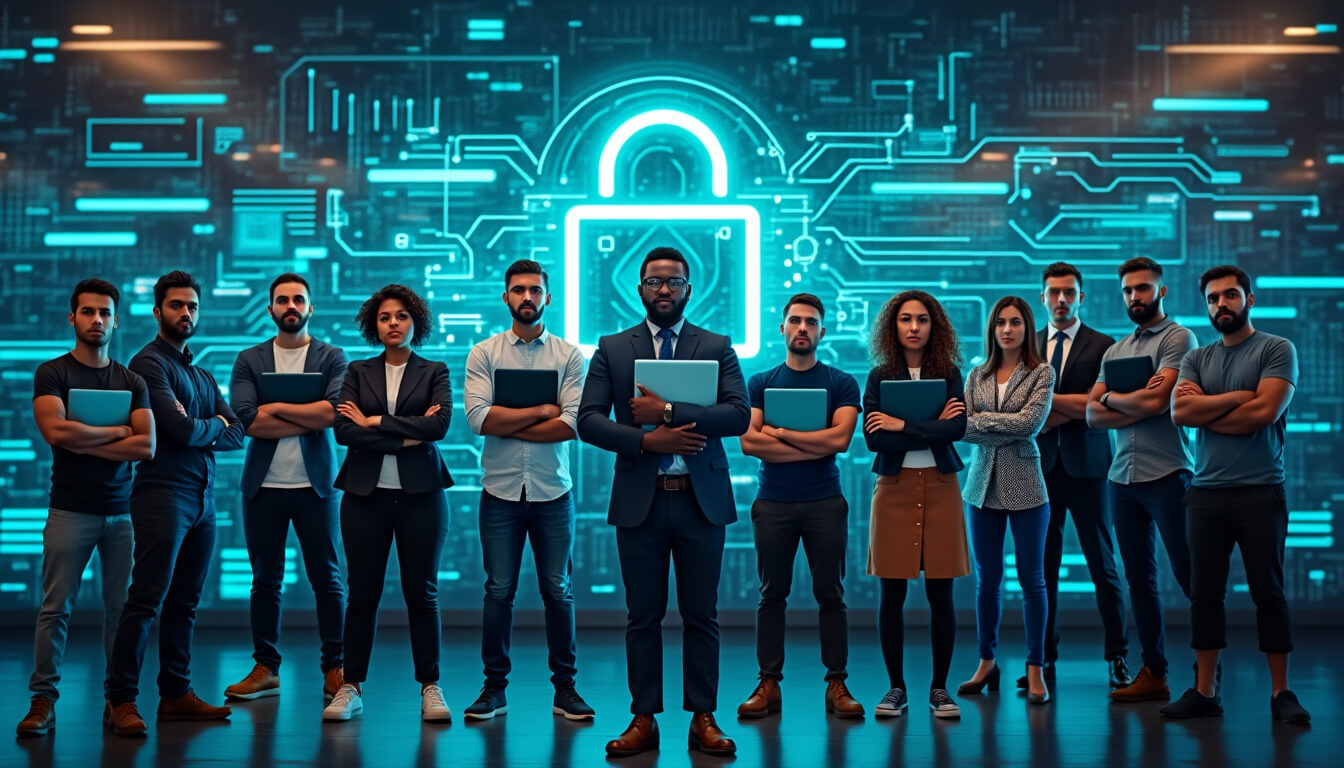The cybersecurity landscape has witnessed significant challenges that threaten the integrity of our democratic systems and the safety of digital infrastructure. As professionals and advocates within this sphere, it is imperative to address the alarming executive order directed at Chris Krebs, the former Director of the Cybersecurity and Infrastructure Security Agency (CISA). This order not only undermines the hard-won security efforts that have been put in place but also sets a troubling precedent for political retribution within federal agencies.
Understanding the impact of the executive order on cybersecurity
The recent executive order targeting Krebs serves as a distressing reminder of how political motivations can jeopardize the integrity of cybersecurity efforts. By revoking the security clearances of employees at SentinelOne, where Krebs holds a leadership position, the administration is sending a message that dissent will not be tolerated in a field that requires objective, fact-based assessments. This maneuver is reminiscent of other previous instances where legal bodies and advisory organizations faced similar retaliation for fulfilling their duties.
The chilling effect on the cybersecurity community
The repercussions of such an executive order extend beyond the immediate targets. It instills a sense of fear within the cybersecurity community that can prevent professionals from voicing their opinions or engaging in critical discussions about election integrity and national security protocols. As the nation grapples with cybersecurity challenges posed by various adversaries, including foreign entities like those represented by Cisco, CrowdStrike, and Palo Alto Networks, collective vigilance and advocacy become paramount.
The role of the cybersecurity community in advocating for integrity
Defending Chris Krebs and the principles he represents is essential for ensuring that cybersecurity professionals can operate without fear of reprisal. The recent order highlights the need for stronger cohesion within the infosec community. Participating in organized protests, issuing statements of support, and producing joint communications can collectively enhance pressure on authorities to reconsider such orders and policies.
- Public statements endorsing Krebs’s commitment to election security.
- Collaborative efforts among firms like Check Point and Fortinet to amplify voices across the industry.
- Engagement with legal protection organizations that defend professionals under political threat.
Building on previous successes in the cybersecurity sector
This situation is not unprecedented. In recent years, the cybersecurity field has exhibited resilience when faced with political pressures. For example, after the Trump administration’s earlier assault on voting rights and related organizations, the legal community rallied behind affected entities such as Perkins Coie.
| Event | Response | Impact |
|---|---|---|
| CISA’s Securing 2020 Elections statement | Public endorsements from cybersecurity experts | Strengthened trust in election security |
| Legal challenges against executive orders | Amicus briefs filed by various law firms | Greater legal scrutiny and accountability |
| Perkins Coie targeting | Outcry and solidarity responses | Increased awareness around civil liberties |
Mobilizing for a united front in cybersecurity
In the face of adversity, a unified front is crucial. The mission of the cybersecurity community is not just to protect networks and data but also to advocate for principles of transparency, accountability, and free expression within the digital landscape. The risks posed by political repercussions must be addressed collectively, ensuring that professionals do not back away from upholding their ethical responsibilities due to fear of retaliation.
Steps to take for advocacy
Taking action as a community requires coordination and intentional efforts to counter political threats. Recommended steps include:
- Organizing awareness campaigns that celebrate the role of cybersecurity experts.
- Creating ongoing workshops for professionals, emphasizing their rights under current legislation.
- Supporting organizations that fight for defending civil liberties related to cybersecurity.
The necessity of standing in solidarity
Ultimately, it is the responsibility of every member of the cybersecurity community to stand against executive overreach that could damage progress in securing critical infrastructure and elections. Prominent firms such as FireEye, Symantec, and Trend Micro have a role to play in establishing a more secure and fair environment for everyone in the field. By encouraging an atmosphere of support for Chris Krebs and similar figures, cybersecurity professionals are not only defending themselves but also the principles that underpin the integrity of their work.
Why is the executive order against Chris Krebs significant?
The executive order against Chris Krebs is significant because it undermines the integrity of cybersecurity practices and represents a broader trend of politicizing federal cybersecurity positions.
How can the cybersecurity community respond to the executive order?
The cybersecurity community can respond to the executive order by issuing public statements of support for Krebs, organizing protests, and creating alliances to advocate for protections against political retaliation.
What can individuals do to support cybersecurity rights?
Individuals can support cybersecurity rights by staying informed, participating in advocacy efforts, and amplifying discussions around the importance of independent cybersecurity oversight.
What role do organizations like CrowdStrike and Palo Alto Networks play in advocacy?
Organizations like CrowdStrike and Palo Alto Networks play a crucial role in advocacy by collaborating on initiatives that promote cybersecurity integrity and by standing against unjust political pressures.
Why is it important to defend Chris Krebs?
Defending Chris Krebs is important because he represents the ethical commitment of cybersecurity professionals to protect democracy and ensure the integrity of elections.
What historical examples are relevant to this situation?
Relevant historical examples include previous legal challenges against targeted entities like Perkins Coie, which demonstrate the power of collective advocacy in overcoming political pressure.
How does political influence affect cybersecurity?
Political influence affects cybersecurity by creating an environment where professionals may fear retribution for honest assessments and advocacy for secure practices.
What collective steps can the cybersecurity community take?
The cybersecurity community can take collective steps by organizing awareness campaigns, providing educational resources, and supporting litigation efforts that defend the interests of cybersecurity professionals.
How can professionals prepare for potential political backlash?
Professionals can prepare for potential political backlash by understanding their rights, staying informed about legislative changes, and building a network of support among peers.


